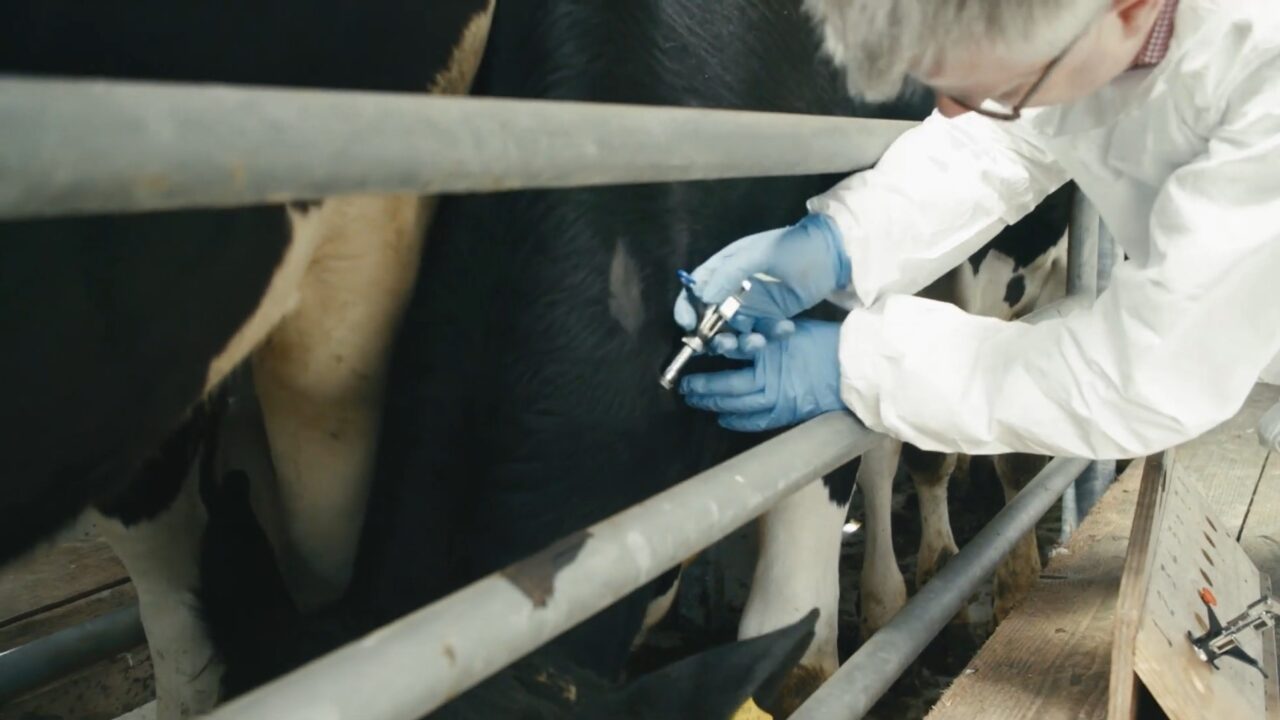The British Veterinary Association (BVA) is calling on vets, livestock owners, horse owners and suitably qualified persons (SQPs) to take a holistic and evidence-based approach to parasite control in grazing animals to tackle increasing drug resistance and concerns around environmental damage.
In its new policy position on the responsible use of parasiticides in grazing animals, which launched today (July 31), BVA is recommending that the use of both anthelmintics and ectoparasiticides in cattle, sheep, horses, goats and camelids needs to be more targeted and based on diagnostics, rather than relying on blanket treatments at certain times of year.
It is calling on all organisations representing vets, livestock owners, and SQPs to encourage and support members to take steps to implement its best-practice guidance, and for veterinary species-specific organisations to work with members to include structured, bespoke detail in health plans as a standard part of holistic parasite control plan.
According to BVA, drug resistance is a threat to the efficiency of all parasiticide groups.
In the UK, resistance is reported mainly in gastrointestinal nematodes and, increasingly, in liver fluke.
The BVA said that there is now also evidence of resistance in lungworm, and substantial evidence on the impact of parasiticides on invertebrate species in the environment, many of which are key to biodiversity and soil health.
BVA
In a BVA survey in November 2024, large animal vets reported that 42% of their clients sourced parasiticides from SQPs working in feedstores and farm merchants, 9% from their practice, and around 41% from a mix of the two.
Similarly, equine vets said that 41% of clients sourced parasiticides through SQPs, but 43% sourced them from a mix of vet and SQPs, and only around 9% solely from the vet practice.
BVA president, Dr. Elizabeth Mullineaux said: “There is increasing concern amongst veterinary professionals about resistance to treatment of common parasites in large animals due to misuse and overuse, which is a huge health and welfare risk for livestock and horses.
“There is also a growing body of evidence to show the impact of these products on invertebrate species in the environment, many of which are vital for biodiversity and soil health.”
“As with dogs and cats, the treatment of grazing animals with parasiticides is one of the ways in which these products enter the environment, which is why it is vital they are used appropriately, when needed, and their impact monitored,” Mullineaux added.

